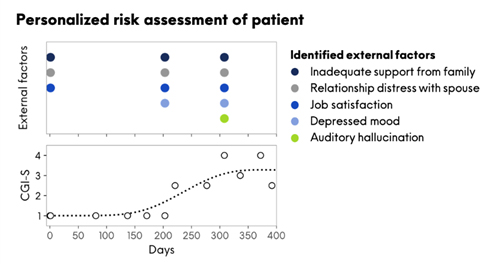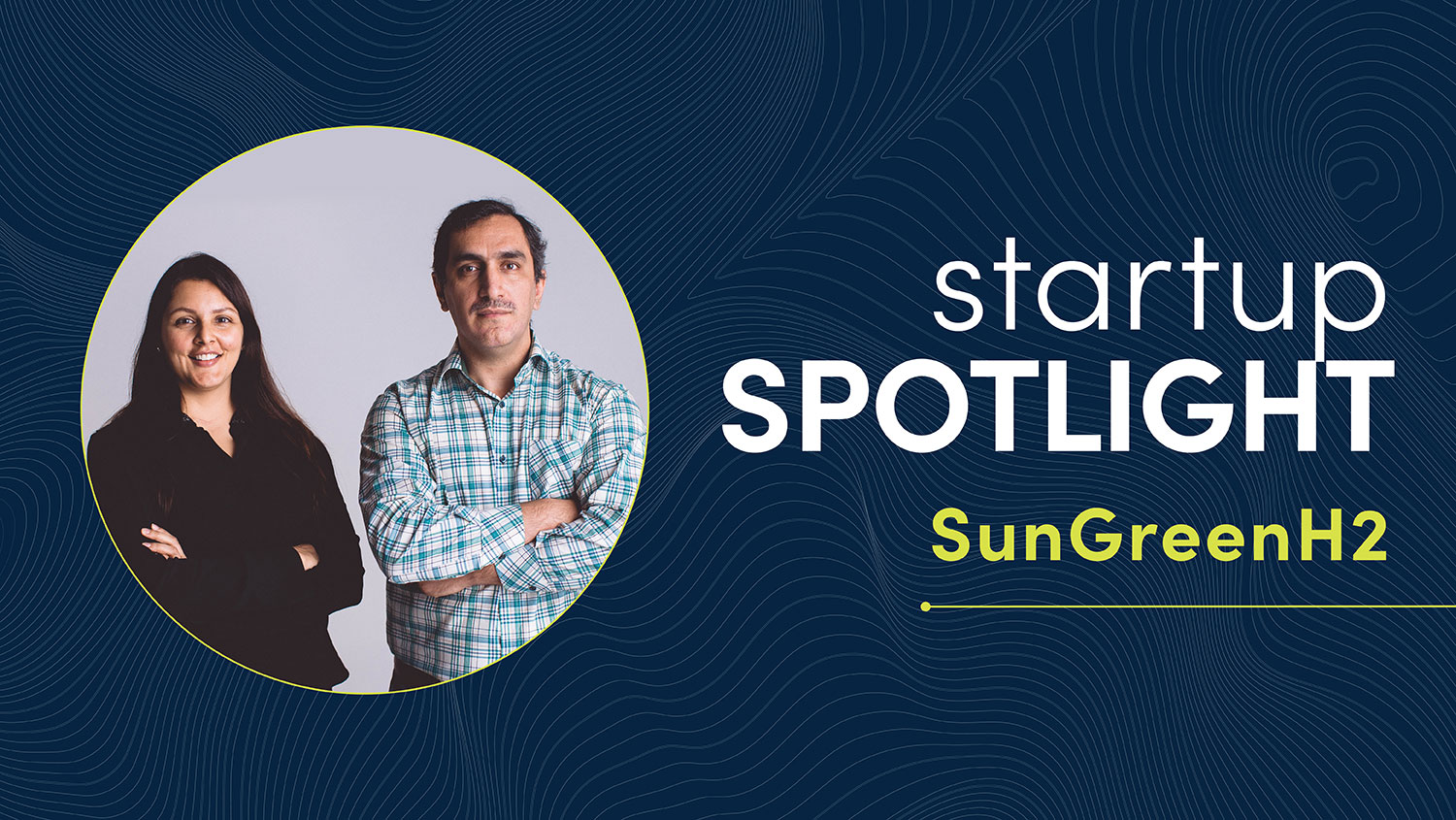Summation Soundbites: From Social Science to Data Science
Fri, 08/13/2021 - 12:00
A conversation with Wei Ching Ong, Data Scientist, Holmusk & Summation Alumna
1. Tell us about yourself and your work at Holmusk!
I am passionate about building impactful and scalable technological solutions for global problems. Two causes that I fervently believe in are empowering individuals from disadvantaged communities and advancing gender equality in less developed countries.
I’ve just completed my Summation apprenticeship with Holmusk, a startup using real-world evidence to advance behavioural health, and am now working with them full-time as a Data Scientist. One of the projects I’m currently focused on involves the use of Natural Language Processing to extract insights about a patient’s mental episodes from clinician notes.
2. Describe your work at Holmusk in 3 words.
Challenging. Novel. Collaborative.
3. How did you get started with Deep Tech? What drew you to the Summation Programme in particular?
My journey into Deep Tech has been a serendipitous one – I chanced upon a Tech For She project that worked with a company to build an educational mobile app incorporating computer vision technology. Back then, I had no knowledge about neural networks, much less computer vision. But with the help of a couple of online courses, I ventured into a couple of personal projects and hackathons. These projects enabled me to put theory into practice which deepened my appreciation of Deep Tech.
I wanted to work on a real-world project, and the Summation Programme was a perfect opportunity to do so. I wanted to build AI models that would be deployed for an actual use case with the potential to bring about actual tangible outcomes – more than mere proof of concepts. Aside from that, I liked the structured nature of the Summation Programme. I was assigned a mentor and had a learning roadmap planned out before I even joined Holmusk officially.
4. What do you enjoy most about your role as a Data Scientist?
The space for never-ending questions! At times I find myself working as an investigator, analysing my data sets and plunging into fine details such as the data’s source or quality to detect potential inconsistencies. Other times, I see myself as an innovator – combining the tried-and-tested with new tactics to address problems at hand.

Using data science to detect the readmission risk of patients based on information from clinician notes identified as drivers of mental episodes.
5. Despite not starting out with a tech background, how has this move into a new field been?
It has been a journey of independent learning and exploration. When I first started out, I was overwhelmed by the many theories that I thought I needed to know. I wasn’t sure where to begin, and as someone without a tech background, I did not have many friends in this field, much less in AI. I turned to every university student’s best friend - Google. I learnt from others how they approached their AI projects, how they fixed errors in their code, but most importantly, I learnt how to be resourceful.
It hasn’t been smooth sailing for sure. Oftentimes online AI courses don’t cover software engineering best practices, and I found myself writing code that was either repetitive or not easily understood by others. I also made rookie mistakes like failing to consider the memory and computing usage of training large AI models. This apprenticeship with Holmusk has been my first and longest endeavour into data science so far and has taught me how side projects and real-world products need to be approached differently. It has opened my eyes to how data science is being applied in the real world beyond Jupyter notebooks.
6. What advice do you have for others looking to make the same jump?
Explore various areas in Deep Tech. Even within AI, there are many roles and specialisations catering to people with different interests, skills and capabilities. Some areas may appeal to some, while others may not. The best way to figure this out is to head out, explore the various areas and see where your interests lie, and then you’ll know what skills you’ll need to build. As a person that favours the practical application of technology to solve challenges, the applications of AI intrigued me - I wanted to see the direct, immediate impact AI could bring to society.
7. How have your social science background and interests shaped the way you approach your work in data science?
My social science background has helped me view issues from a macro perspective. When I first picked up data science, I was overly concerned about the best model to use, how the machine learning formulas worked or whether there was a “guide” to follow that would help me approach data science problems I come across. Being able to step back and have that “bigger picture” helps me recognise that each data science problem is unique, and no standard solution exists. I then remind myself to take a step back and return to the overall goal I’m trying to achieve with a particular piece of code. This helps me refine the direction I need to take.

My volunteer work with the Siglap South Youth Network offers me a more human-centred perspective when using data to address issues that affect people. Volunteering at the Kindness Week 2019 Green Carnival (left) and distributing COVID-19 care packs (right).
8. How can we connect with you and follow you on this journey!
It takes a little courage to pivot into a new field, and I believe that more can be done to help others without a technical background like myself pivot to a career in AI. Often, it’s about finding a comfortable place to start!
To help with that, my ex-colleague Cleon and I are working on building a community of like-minded individuals in AI- a casual, supportive environment to learn and explore. Join our Discord channel (https://discord.gg/dDzrxfxh) to get connected with fellow AI enthusiasts. We’re here to help others form learning groups, kickstart some side projects together, and hopefully make friends along the way.
Trending Posts
- From satellites to startups, Singapore’s space sector is pushing new frontiers
- How leaders should rethink cybersecurity strategy
- How to Future-Proof a Career in Deep Tech? Start here.
- The future of fusion energy: What will it take to bring the power of the stars to earth?
- Keeping satellites safe: How CYSAT Asia 2026 is tackling space cybersecurity






